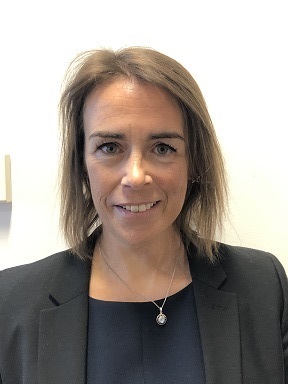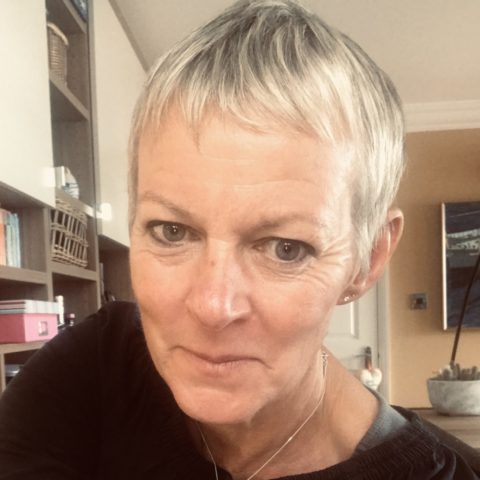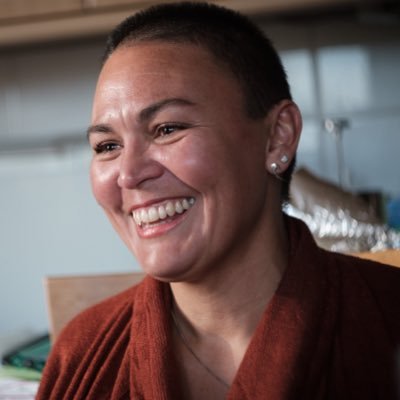It has been another busy year for the NCRI Consumer Forum. We have expanded our membership, bringing in new views and experiences, strengthening our reach within the UK and beyond, and adding depth to our diversity and representation.
The Forum continues to play a pivotal role in the activities of the NCRI. Our members have been critically involved in discussions around how cancer research might move forward in the post-Covid world, how we can get research back ‘online’ and how we should leverage new technologies and discoveries.
Our collaborative work as Forum members beyond the NCRI includes sitting on Trial Management Groups and Steering Committees, working with strategic bodies and responding to consultations, drafting papers and working with industry.
As always, it has been a privilege to work with and lead this group of outstanding individuals, 100% committed to improving outcomes for those affected by cancer through another successful year.

Improving access to early phase trials for teenagers and young adults
Cancer Research UK’s Experimental Cancer Medicine Centre (ECMC) Network is working on a project to ensure teenagers and young adults can benefit from experimental medicines via early phase clinical trials. They came to an NCRI Dragons’ Den to understand the key challenges teenagers and young adults face in accessing early phase trials.
What is the NCRI Dragons’ Den?
Dragons’ Den provides the opportunity for researchers to present their research ideas to people directly affected by cancer. Researchers apply to attend a session and Consumers with experience in a particular topic or issue are be assigned to the session, In the ‘Den’ participants discuss research proposals with patients and carers who provide feedback.
Taking part in a Dragons’ Den was an invaluable experience that I gained so much from and would certainly recommend to other researchers. We were able to get a perspective from people who had been affected by cancer as teenagers and young adults, and we now understand the unique and complex challenges they face in accessing early phase trials much better. These insights helped shape the national workshops we organised to discuss how we can work together to address these challenges. Fourteen focus areas came out of the workshops, and we’ll be looking to prioritise these and develop an action plan to implement them to serve teenagers and young adults better.”
The Forum continues to play a pivotal role in the activities of the NCRI. Our members have been critically involved in discussions around how cancer research might move forward in the post-Covid world, how we can get research back ‘online’ and how we should leverage new technologies and discoveries.
Our collaborative work as Forum members beyond the NCRI includes sitting on Trial Management Groups and Steering Committees, working with strategic bodies and responding to consultations, drafting papers and working with industry.
As always, it has been a privilege to work with and lead this group of outstanding individuals, 100% committed to improving outcomes for those affected by cancer through another successful year.

Patient priorities influencing research focus
I was involved in several meetings to develop the NCRI Brain Group’s strategic priorities. Being involved in these meetings enabled me to bring research closer to the person with the lived experience and vice versa. I have always felt privileged to be part of this group. The researchers understand the value of the patient and carers’ voice and actively seek input from those of us who are living with brain tumours. The result is that the strategic priorities that we agreed on represent everyone’s needs; they are meaningful and relatable and are therefore more likely to be achieved.

Lived experience improving the quality and relevance of research
Including patients like myself in Proposal Guidance meetings has meant that our lived experiences really can shape clinical trials, improving their quality and relevance and ultimately the lives of others with cancer. I was able to explain to researchers how age and location can impact a young cancer patient’s journey. This is really important, and it is great to see the impact of what my fellow Consumers and I can contribute to research proposals.

Bringing the patient voice to panel discussions
I took part in the NCRI Festival session ‘What is the gut microbiome and why does it matter in cancer?’. I represented the patient voice during the session, asking the questions that most patients have asked themselves but have not had the opportunity to put to the experts at the cutting edge of the field. Patients must be involved in these discussions to ensure their concerns and questions are addressed.
